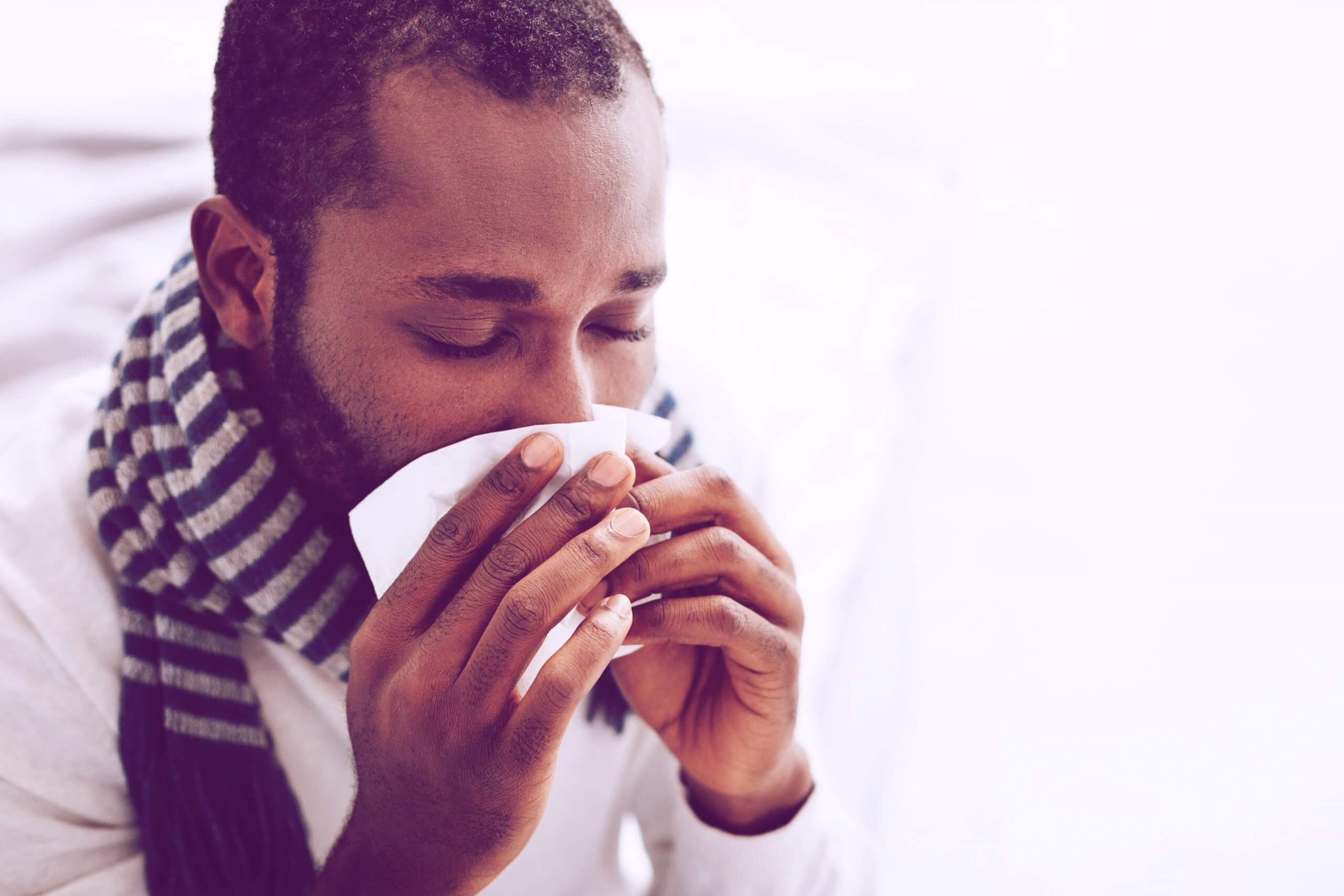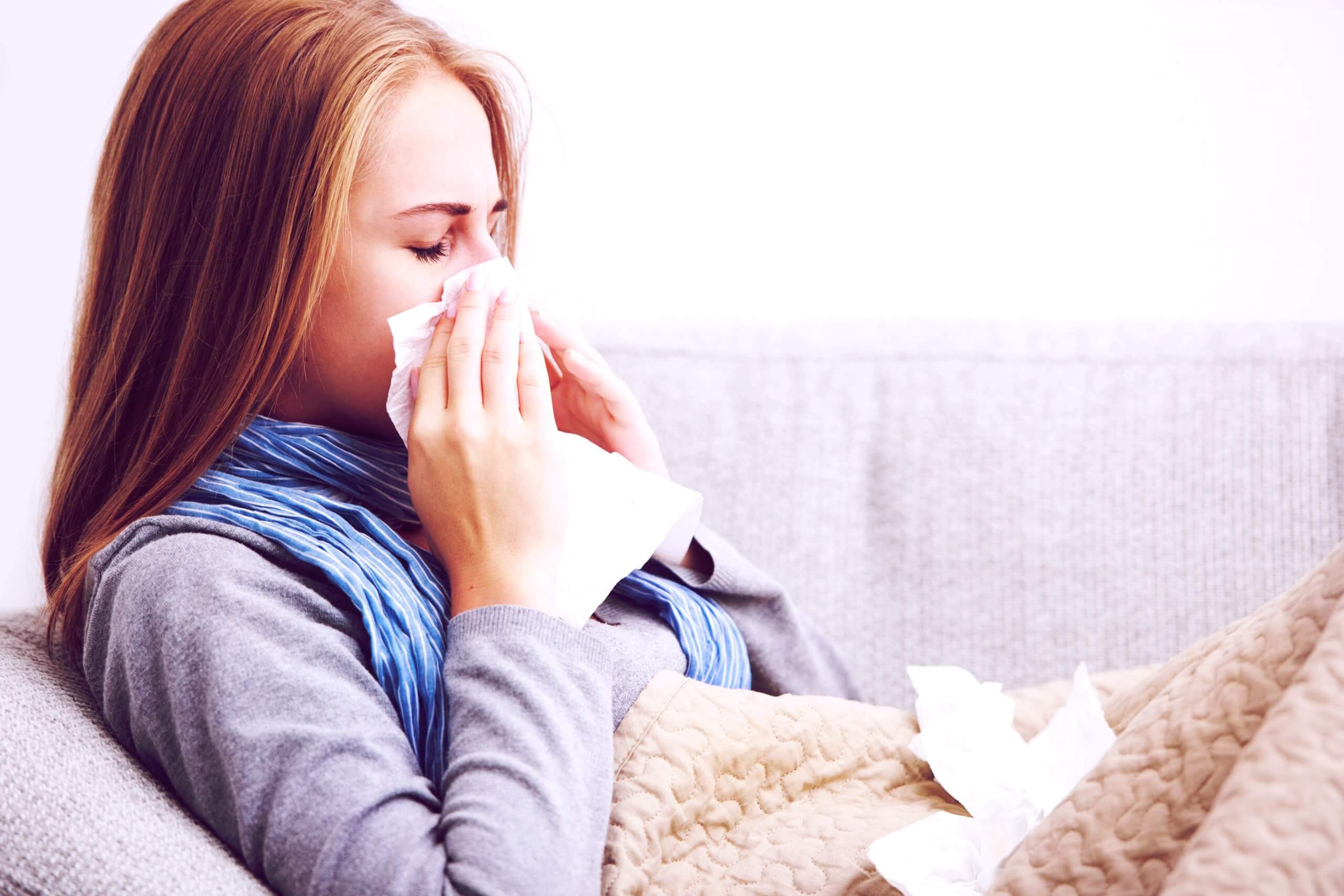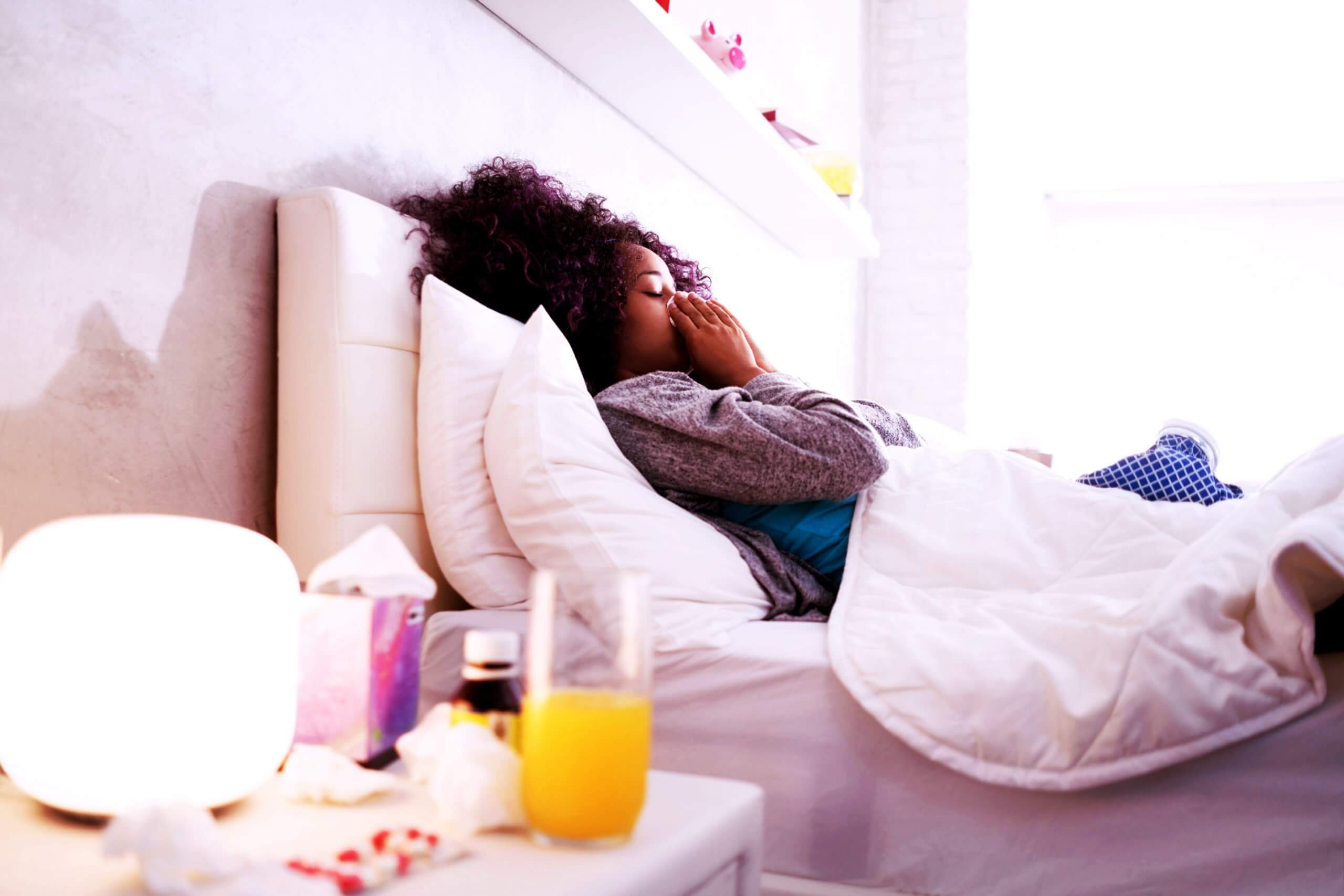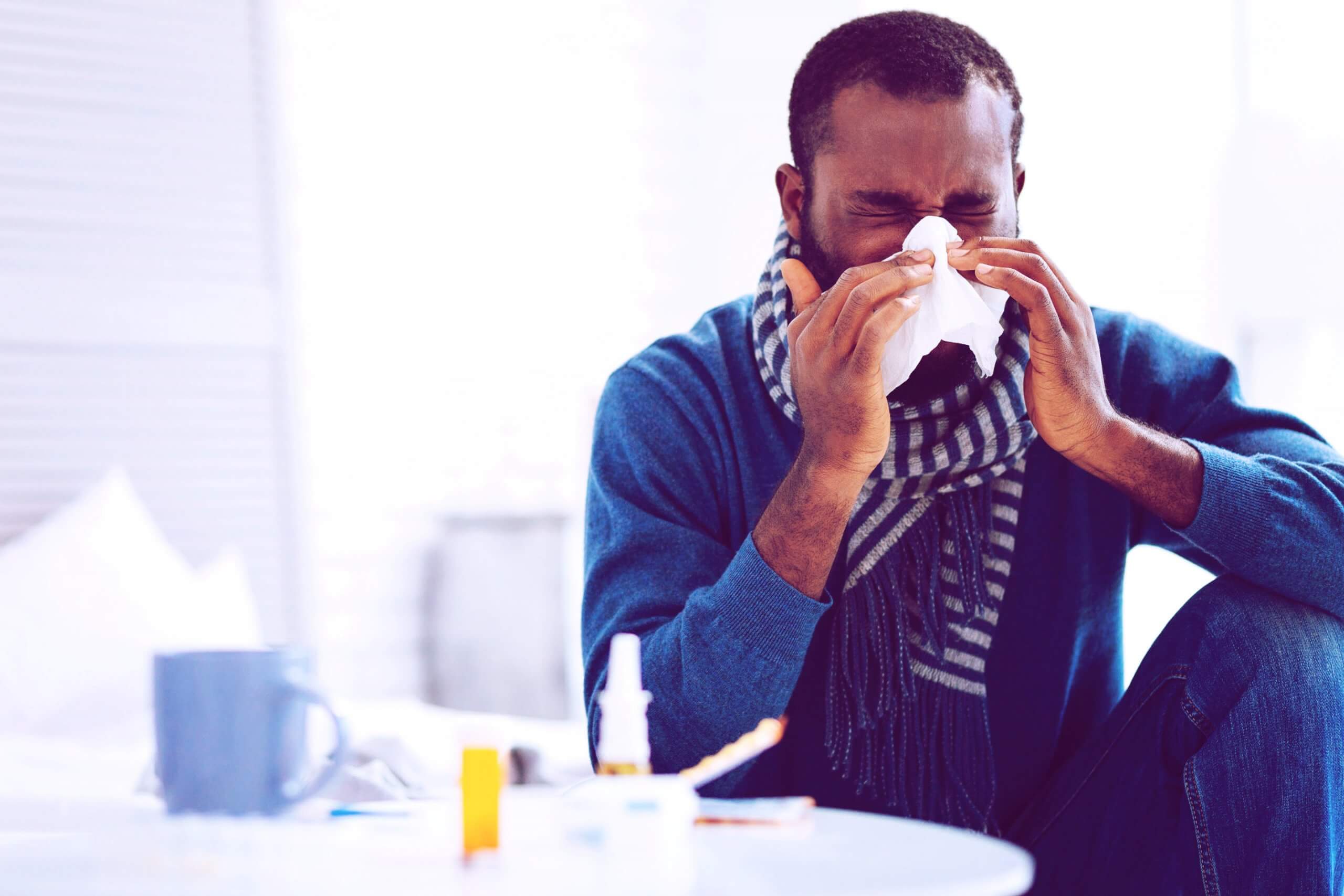04 Mar CAN ALLERGEX NON-DROWSY BE USED TO TREAT SEASONAL ALLERGIC RHINITIS?
As we find ourselves on the brink of another change of season, we investigate whether over-the-counter medicine such as Allergex Non-Drowsy tablets can be used to treat seasonal allergic rhinitis. We also take a closer look at what exactly seasonal allergic rhinitis is, and whether there are ways to prevent it. What exactly is seasonal allergic rhinitis? Seasonal allergic rhinitis is a condition that presents with a series of symptoms as a result of your body’s immune system displaying a sensitivity to certain allergens.¹ These allergens usually surface in the environment at the dawn of a new season, and include the likes of pollen from grass, weeds and trees, as well as airborne mould spores. Symptoms of seasonal allergic rhinitis typically include sneezing fits and a stuffy or runny nose. Plus your eyes, mouth or skin can become itchy.¹ Seasonal allergic rhinitis is often also referred to as ‘hay fever,’ but interestingly, it is not necessarily caused by hay and you actually don’t develop a fever from it.¹ 1 Is it contagious? Hay fever or allergic rhinitis is not contagious, because it does not originate from bacteria or a virus.¹ In fact, it is caused by your body’s immune system responding to environmental allergens...





